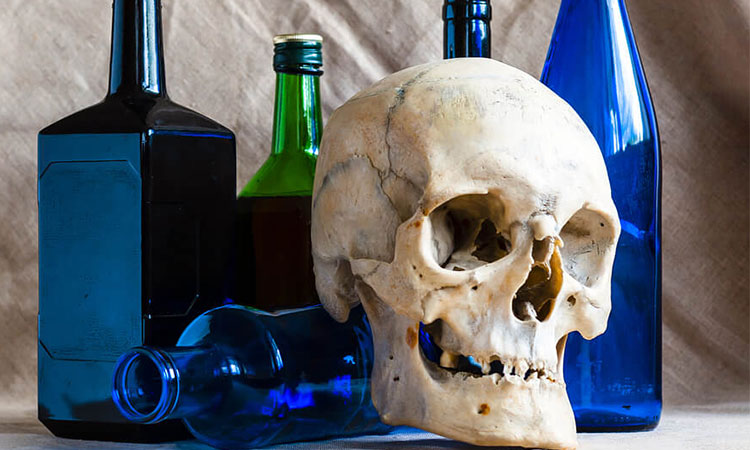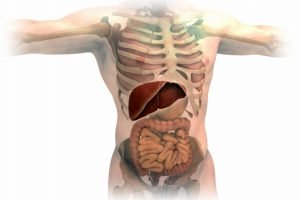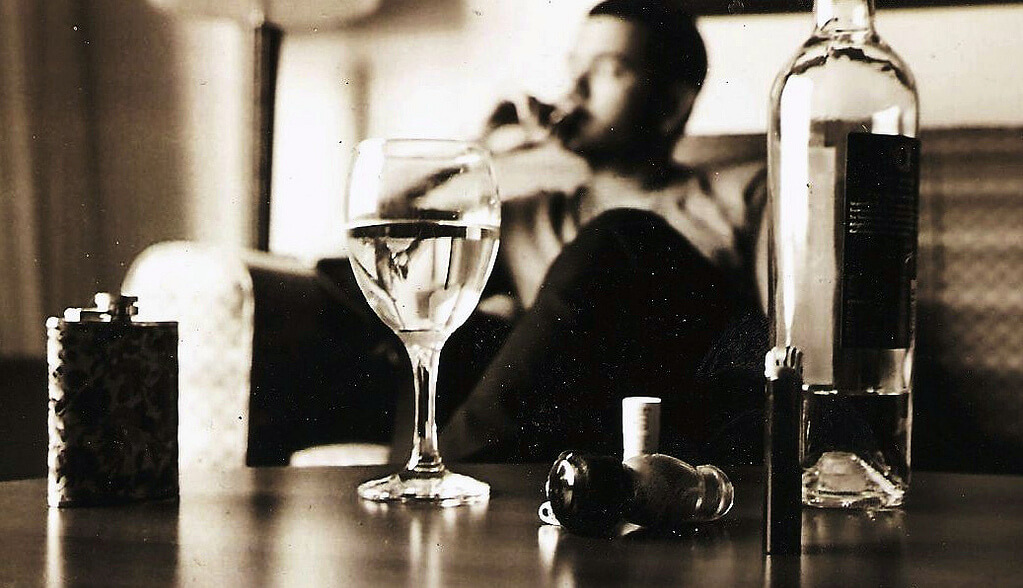
Alcohol poisoning is a life-threatening condition that occurs when a person consumes an excessive amount of alcohol during a period of time that is not long enough to safely metabolize it. Without treatment, organs will begin to shut down, and the person may die. Those that recover may also continue to suffer long-term from complications such as brain damage.
Alcohol poisoning is one among the many risks involved with excessive drinking. According to the Centers for Disease Control and Prevention (CDC), there are around 2,200 deaths due to alcohol poisoning each year in the United States, which equals an average of six fatalities every day.
Of these deaths, more than three-quarters (76%) are between the ages of 35-64, and alcohol use disorder is a factor in nearly one-third (30%) of all fatalities. A binge-pattern of drinking is most often responsible for alcohol poisoning, which is defined as more than 4-5 drinks per occasion for women and men, respectively.
What are the Critical Signs of Alcohol Poisoning?
Alcohol poisoning is a medical emergency. If someone exhibits symptoms of alcohol poisoning, please call 911 immediately.
The most common symptoms of alcohol poisoning include, but are not limited to the following:
- Confusion
- Stumbling or falling
- Nausea
- Vomiting
- Choking
- Irregular or slow breathing
- Bluish skin
- Seizures
- Low body temperature
- Passing out/fainting
- Unresponsiveness
- Unconsciousness
If you are questioning whether a person has alcohol poisoning and needs medical attention, use the CUPS acronym:
- Cold or clammy, bluish or pale skin
- Unconscious or unfocused
- Puking uncontrollably, suddenly, or often
- Slow or shallow, labored breathing
How the Body Processes Alcohol

The liver can only process about one serving of alcohol per hour. A typical serving includes 12 ounces of beer (5%), 5 ounces of wine (12%) or 1.5 ounces of liquor (80 proof.)
Consuming one serving of alcohol per hour will increase a person’s blood alcohol concentration (BAC), but generally not to any impaired extent. Drinking more than this can raise a BAC to .08%, an amount widely considered to be a level of impairment in which operating a motor vehicle is illegal.
Above a BAC of .08%, significant cognitive and motor impairments can begin to occur, and a BAC over .3 can be life-threatening among those without a fair tolerance for alcohol. A BAC of .4% or higher is considered a fatal amount for about half of all humans.
In some cases, people with an extremely high tolerance have survived BAC levels at .5% and above, but these are rare.
Depending on other individual factors, such as age, gender, weight, and overall health, alcohol poisoning can occur at lower levels of consumption. On average, however, a man weighing 160 pounds will probably experience alcohol poisoning after drinking about 15 shots of liquor in under four hours, whereas a woman at 120 pounds will suffer the same effects after just nine shots in roughly the same period.
How Long Does it Take to Get Alcohol Out of Your System?
Certain tests, such as those that assess blood or breathalyzer can only detect alcohol in a person’s system for up to 24 hours. Saliva and urine tests, however, can identify the presence of alcohol for as many as five days. Hair follicle tests, though rarely used, can reveal alcohol consumption up to 90 days after use.
Over time, the body breaks down alcohol for elimination by using several processes, the main one involving two enzymes, ADH and ALDH. ADH produces a toxic metabolite called acetaldehyde, which is then broken down to another byproduct known as acetate, which is further metabolized to carbon dioxide and water for elimination.
Excessive alcohol use during an insufficient time period for processing results in alcohol continuing to enter the bloodstream even after drinking has stopped. Binging on alcohol can lead to a rise in BAC for up to 40 minutes after the last drink, as the liver is still processing alcohol already consumed.
Alcohol consumption that results in alcohol poisoning will stay in the body for several hours and will continue to wreak havoc on the brain and vital organs during this time.
How to Help a Person Suffering from Alcohol Poisoning
It is critical for the survival of a person experiencing alcohol poisoning to not assume he or she will simply sleep it off. Symptoms will likely worsen, and he or she faces a high risk for vomit inhalation and choking, respiratory suppression or arrest, seizures, coma, and death.
If you are in the position to care for a person who is suffering from alcohol poisoning while waiting for first responders to arrive, you can help him or her in the following ways:
- Try to keep the person awake if they are conscious.
- Keep conscious persons in an upright position.
- Encourage them to drink water to avoid worsening dehydration.
- Do not let them use more alcohol or other drugs.
- Position unconscious persons in the recovery position.
- Stay close to them until emergency personnel arrives.
Actions That DO NOT HELP Recovery From Alcohol Poisoning
Common myths and misconceptions about helping a person sober up include the following:
- Drinking coffee – this can contribute to further dehydration.
- Sleeping it off. People who are experiencing alcohol poisoning may go to sleep and never wake up.
- Walking it off. Forcing someone to walk increases the risk o falls and injuries.
- Exercising it off. This can actually cause the BAC in people suffering from alcohol poisoning to rise.
- Taking a cold shower. Alcohol poisoning can cause low body temperature (hypothermia), and cold water can increase this effect and result in shock.
- Taking medication. Do not give the person anything other than water. Medicines and drugs can adversely interact with alcohol and lead to vomiting, choking, and further poisoning and intoxication.
Treatment for Alcoholism

Experiencing alcohol poisoning is a tell-tale sign that treatment for alcoholism is needed. Problem drinking includes binge drinking, daily drinking, and any level of drinking that negatively affects one’s health, family, social interactions, and quality of life.
Our staff includes addiction specialists and other healthcare personnel trained to enact customized programs that treat the symptoms of addiction and withdrawal and help people embark on the path to recovery.
Treatment using begins with detox, a medically-assisted process in which the patient is supervised 24-7 for several days to ensure that life-threatening complications do not occur and that symptoms of withdrawal are managed.
Long-term treatment then continues in our rehab center, which includes behavioral therapy, individual and group therapy, counseling, support groups, and ongoing aftercare. Ideally, patients should consider intensive treatment for not less than 30 days, either on an inpatient or outpatient basis as prudent.
Behavioral therapy helps alcohol abusers develop healthier coping mechanisms and replace negative thoughts and feelings with more constructive responses.
Medication-assisted treatment can also be very beneficial for reducing cravings, and pharmaceutical drugs such as naltrexone have been shown to help problem drinkers enjoy long-lasting sobriety.
Support groups such as 12-step programs are helpful for maintaining long-term abstinence, and ongoing treatments such as psychiatric services and counseling are also recommended. Also, after discharge from treatment, clients can participate in our aftercare program and alumni activities.
Our programs are structured with various components of evidence-based treatment practices and holistic approaches to treatment that provide our patients with the knowledge and tools they need to be successful in their recovery.
If you or your loved one is suffering from substance abuse, please contact us soon as possible.